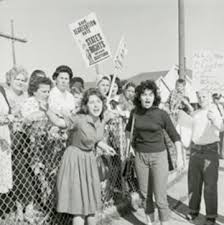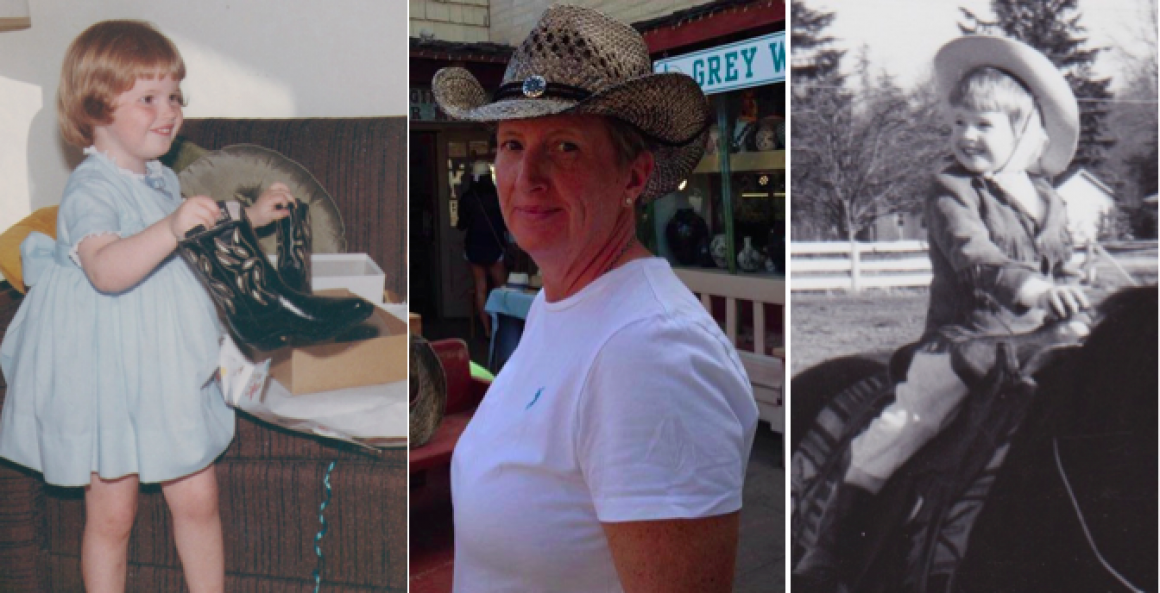I have some things to say that are not going to be very popular, Dear Reader. Seems to be a trend lately, but I’ve got to be true to myself. Here’s the deal. Yesterday morning when my running buddy texted me asking if I’d seen the SCOTUS ruling yet, my heart sank a little. Not because I don’t believe we need equality. I totally believe we do. I’m just not sure marriage is the best means to that end.
So, while I’m happy that so many people I know are happy, I’ve not rainbowed my Facebook picture. I probably won’t. And here’s why: I’m a failure at gay marriage. As I type this blog, my same-sex marriage is dissolving its way through the Whatcom County Court system. My wife and I (for technically we still are married) were together 15 years. We got legally married in December 2013, and our marriage lasted about a year. We should be legally same-sex divorced sometime in August.
Obviously getting married didn’t doom us. Clearly things were not all rainbows and unicorns prior to our wedding. A relationship doesn’t fall apart suddenly. These things take time, but I believe that marriage contributed to our demise because we felt like we had to get married for a few reasons, not the least of which was so I could keep my health care benefits. And, because we were registered domestic partners here in Washington State before Washington granted marriage rights to same-sex couples, we would have been married by the state anyway by June 2014. That’s right. Either we had to dissolve our domestic partnership or the state would marry us. We chose to be active, to get married.
And then I had this feeling that since we finally could get married, we should, something akin to obligation. Since the straight folks had been so kind as to extend us this benefit, we would be rude to refuse such a gift. Right? After all, wasn’t this what we’d been asking for? What sort of ingrate wouldn’t jump at this offer?
Admittedly, I got excited picking out a ring, and when I proposed on Christmas Eve, 2012 in front of my mother and my daughters, I felt genuine happiness and love. I knew that my partner wanted to get married, and I did want to make her happy. Still, I had a nagging doubt that I couldn’t quiet or quell. And as that doubt grew, I pushed off my partner’s entreaties to set a date. I tried to express my feelings, tried to walk that line of “yes, I love you, but I’m not sure I want to get married.” My doubt became an issue between us.
Friday afternoon, my mood grew increasingly foul as I watched the internets morph into a giant rainbow. A huge black cloud descended over me and I tried to puzzle out why, exactly, I was so damn sad, mad, irritated, and grumpy. I knew my sadness went deeper than the fact that I’m getting divorced AT THE EXACT MOMENT that same sex marriage became the law of the land, though that does feel like a sufficient reason to not want to celebrate.
I tried to explain it to a friend. We had an errand to run together, and I warned her as she climbed into the Jeep that I was extremely grumpy. She asked if it was because I didn’t have someone with whom to celebrate this momentous occasion. No, I said. It’s deeper than that, though that is part of it.
I knew that in order to fully explain my feelings, I would probably end up crying. And I hate crying in front of people, but I needed to articulate what was roiling inside of me.
Here’s the deal, I said through my tears: When you grow up knowing you’re different, but not really understanding why, when you spend almost your entire life being told you’re wrong and bad and going to hell for the way you love, you develop a way of being in the world (or at least I did), protecting your heart, living a double life, watching what you say and to whom you say it. Just because the Supreme Court decides one day to validate same-sex marriage, I’m supposed to forget and forgive and move on? Suddenly it’s okay to be fully myself?
I didn’t grow up expecting to get married. My worldview, my view of myself, never included marriage. I had no fantasies about wedding dresses, being walked down the aisle and being (god forbid) given away. I always viewed marriage as a patriarchal institution, a way to own and control women, children, and property. Why, I always wondered, were the gays and lesbians fighting to become a part of such an institution?
I am not trying to be Debbie Downer or rain on anyone’s pride parade. Honest. I just think, like I always have, that marriage is an imperfect institution fraught with all sorts of pitfalls. Why we as a culture view it as the pinnacle of loving expression baffles me. Yes, legally it represents the only way many people can pass on property upon death, the only way some folks can get adequate health care, but it is laden with outsize expectations and a 50% failure rate. Is this something to which we should aspire?
So, there’s that.
But there’s also this.
Friday’s SCOTUS ruling means something critical to all of the gay and lesbian children who can now grow up knowing that their love is not aberrant, at least not in the eyes of the law. Do not underestimate the power this ruling will have on making this world a safer, friendlier place for future generations.
However, for those of us who grew up having to fight every step of the way to love openly, the ruling means something different. It means we have left a legacy, the benefits of which we may not get to fully enjoy. I, for one, cannot simply breathe a sigh of relief and lay down my guard because the Supreme Court finally handed down a 5-4 decision in my favor. I still have 52 years of prejudice, hatred, doubt, and fear to overcome. I’ve grown up in a world where, yes, Roe v. Wade passed in 1973, but the right to abortion continues to be attacked and threatened. I’ve grown up in a world where, yes, segregation was ruled illegal, where yes, interracial marriage has been made legal, where yes, voting rights have been granted to people of color and to women, but where, my friends, we still have to fight every fucking day to maintain these rights.
As another friend pointed out, Brown vs. the Board of Education declared segregation illegal in 1954, but schools were still not fully integrated until the 1970s (and really, are they integrated now?). The pictures of the National Guard escorting Ruby Bridges to school haunt me, and we can still see the ugly faces of discrimination protesting today.
 |
 |
We still live in a world where people WANT to fly the confederate flag, where governors allow it to fly over the state capitol, where lawmakers refuse to acknowledge the hatred and racism behind the assassination of nine Black churchgoers, where police routinely kill unarmed Black men. Gay teens are still bullied and hauled off to reparative therapy, trans* kids are killing themselves in droves and are being harassed in school.
We still have so much work to do. So, while yes, maybe same sex marriage being recognized as legal in all 50 states is a step in the right direction, the ruling doesn’t guarantee that anything will actually change.
So, yes, in many ways last week was a very good week. I can get health care insurance even as I lose my benefits in the course of my same-sex divorce. A new generation of young people can grow up knowing that their love is recognized as valid by the United States of America—unless they live in Texas.

